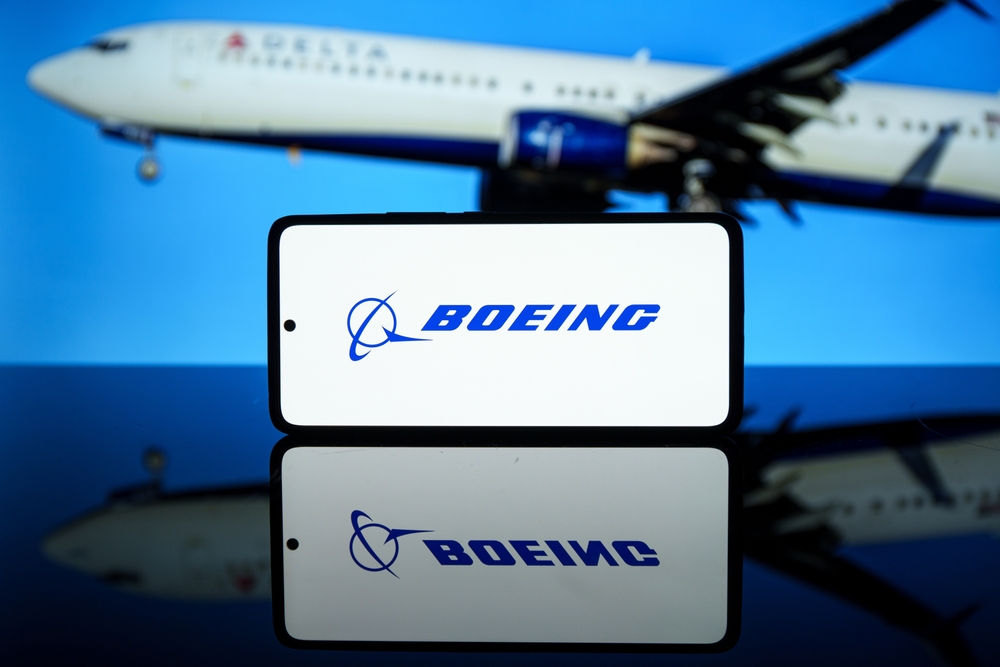Boeing’s offer to increase wages by 30% was rejected.
Others are reading now
Boeing is attempting to secure $35 billion in funding as it grapples with a deepening financial crisis triggered by safety failures, a month-long workers’ strike, and the dismissal of 10% of its workforce.
$25 billion over the next three years.
The aerospace giant plans to raise $25 billion through a combination of asset sales and issuing debt, along with a newly secured $10 billion credit line from major U.S. banks.
The company disclosed this financial plan in a recent filing with the U.S. Securities and Exchange Commission (SEC), according to El Economista.
The $10 billion line of credit has been arranged with Bank of America, Citibank, Goldman Sachs, and JP Morgan. Boeing’s leadership stated that this move, along with plans to raise $25 billion over the next three years, would help the company stabilize during its current difficulties.
Also read
Boeing has yet to tap into its new credit line or its existing revolving credit facility, but the funds provide much-needed liquidity.
Boeing’s offer to increase wages by 30% was rejected.
Boeing’s financial strain is exacerbated by ongoing labor strikes, which have led to weekly costs of $500 million.
Despite previous attempts to negotiate with workers, Boeing’s offer to increase wages by 30% was rejected. Talks with unions have stalled, leaving production delays and financial losses to compound the company’s problems.
Boeing has already taken drastic measures, including cutting 10% of its workforce and canceling further negotiations with labor unions. These efforts, however, have not fully relieved the financial burden on the company.
Moody’s and S&P Global have put Boeing under review for potential downgrades, which could see its debt labeled as junk bonds.
In 2024, Boeing’s stock has dropped 42.8%, equating to a loss of $65.89 billion. Its rival Airbus has consistently outperformed Boeing in the market this year, marking a historic and prolonged shift in dominance in the aerospace industry.








